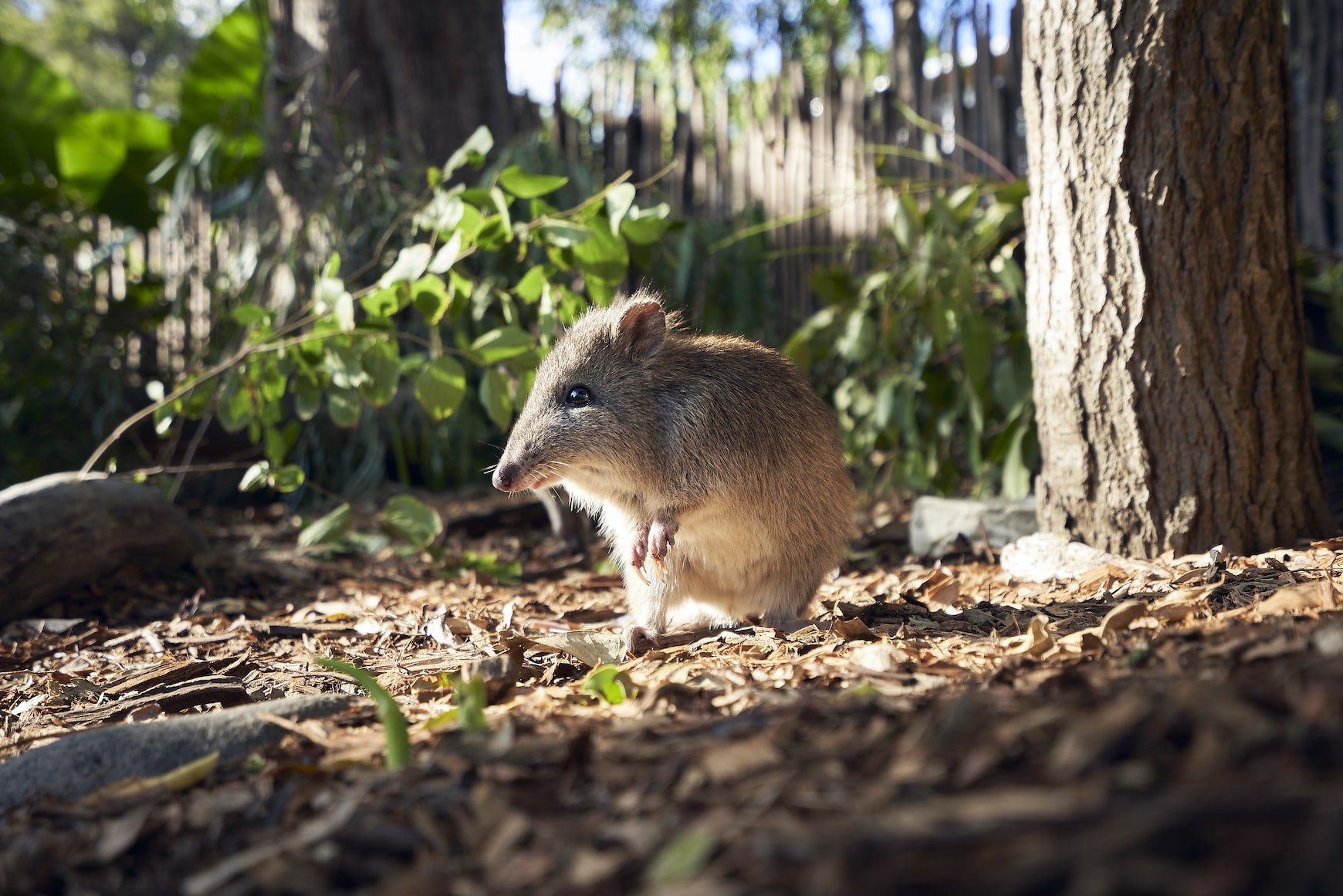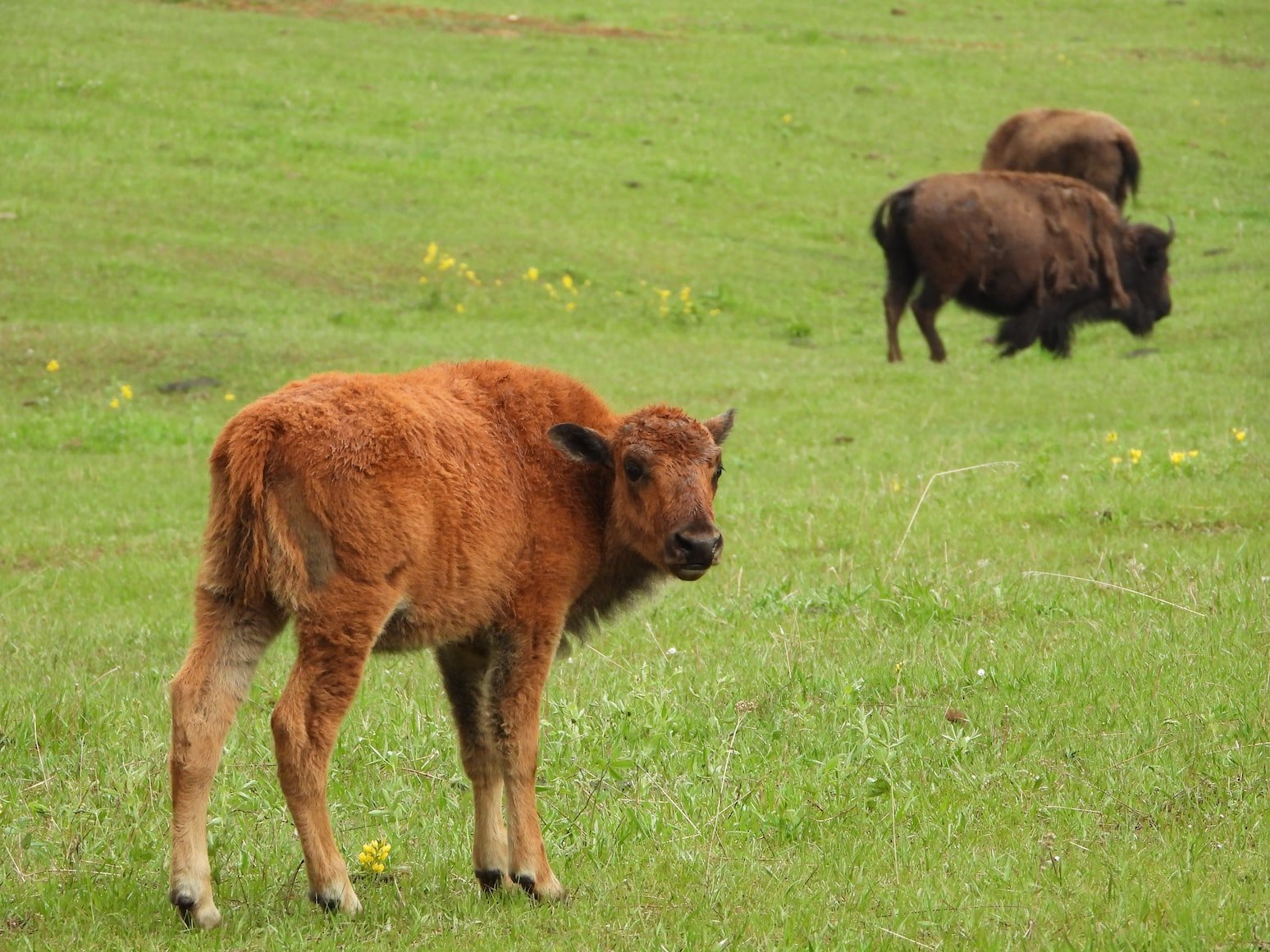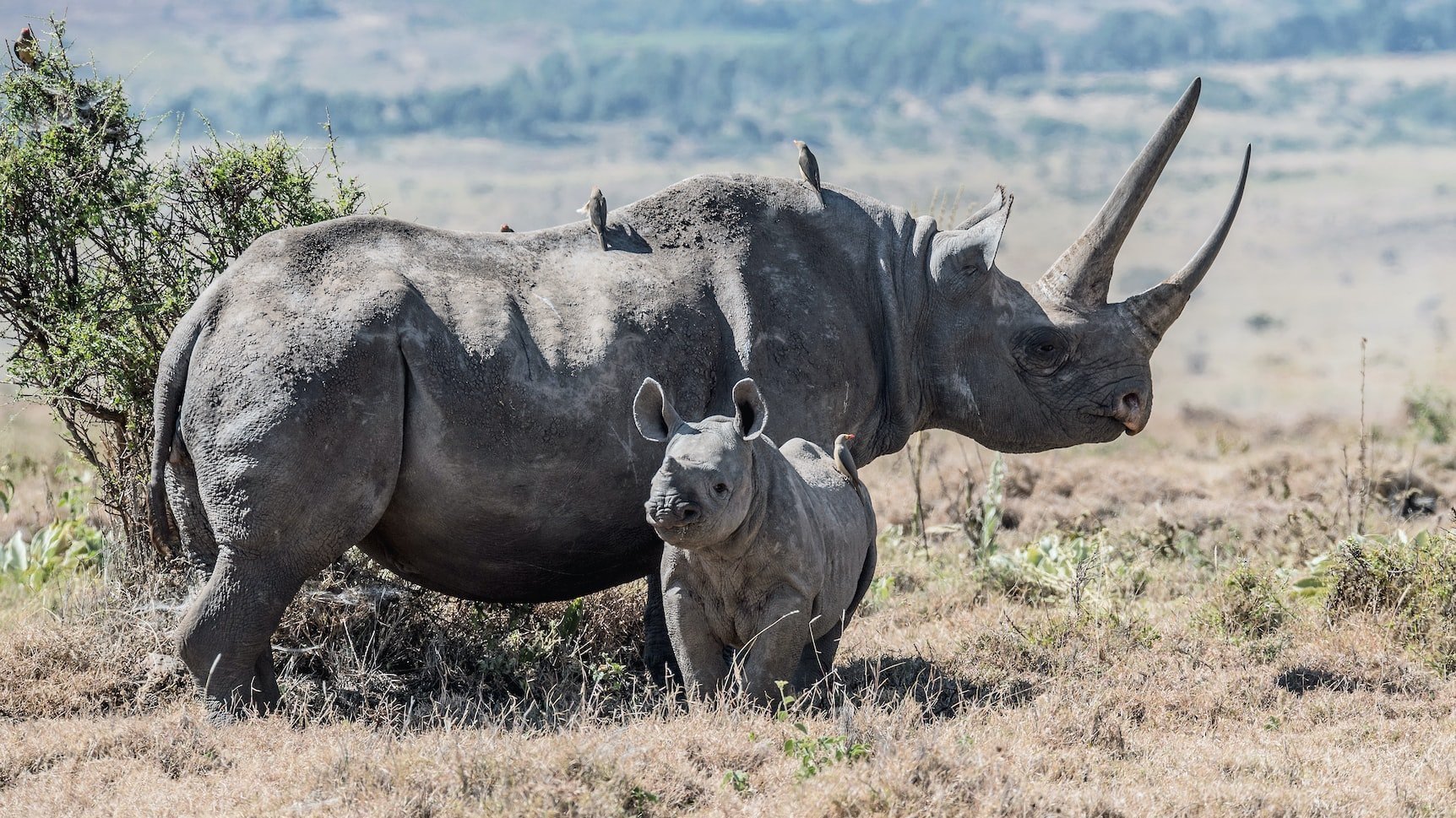100 good news stories from 2022
At The Know, we’re committed to shining a spotlight on positive news stories, as our readers have probably already noticed! These uplifting stories aren’t always easy to find, but they certainly do exist and they’re *always* worth hearing about.
That’s why we’ve gone back through all the good news stories we reported on this year, across topics including conservation, community wins and healthcare breakthroughs. We’re so pleased to share with you our list of 100 wonderful things that happened in 2022.
Want to get uplifting news to your inbox? Join our newsletter!
Health
We saw big wins in HIV healthcare: 4 patients were seemingly cured of HIV in 2022, including the first ever woman; Botswana is on track to become the first African country where no babies are born with HIV; and Zimbabwe became the first nation in Africa to approve a HIV prevention drug.
There were key breakthroughs in cancer treatment: A revolutionary ‘base editing’ therapy cleared a teenage girl’s incurable cancer; a simple blood test was shown to spot multiple cancer types before patients develop clear symptoms; and a new skin cancer vaccine showed promising results.
A new drug to treat ALS was approved by the FDA, funded by the viral Ice Bucket Challenge.
A new Alzheimer’s drug, lecanemab, was found to delay cognitive decline for the first time ever in patients - a major breakthrough in the search for an effective treatment.
A pioneering initiative to infect mosquitoes with a bacteria that impacts their ability to transmit blood-borne illnesses was launched.
Life expectancy in Africa rose by almost a decade since 2000, thanks to factors including progress in reproductive and maternal health.
France announced that condoms will be free for under 25s from 2023.
Doctors in four Canadian provinces were able to prescribe patients a year-long pass to the country’s stunning national parks.
Researchers declared a new malaria vaccine the “best yet”, with charities saying infant malaria deaths could end “in our lifetimes” thanks to the drug.
Culture
The UK’s first Black bookshop and publishing house, New Beacon Books, was saved from closing down its store through crowdfunding.
The world’s oldest art exhibition, the Venice Biennale, had a majority of works by female artists for the first time in 127 years.
The Welsh government launched an initiative to give all school children free access to a music instrument.
An initiative to give low-income Londoners free access to theatre shows in 2023 was announced.
Love Island ditched its fast-fashion sponsor in favour of a partnership with eBay.
The Irish government launched a scheme to pay artists a basic income.
A Bournemouth dance school began tackling ballet’s gender disparity in earnest by holding boys-only dance classes.
Germany’s government announced plans to give every citizen that turns 18 in 2023 €200 to spend on cultural goods, experiences and events.
Africa’s largest photography library, the Dikan Center, opened in Ghana’s capital Accra.
Women’s sport
England’s Lionesses were crowned champions at the UEFA Women’s Euro 2022.
Data revealed that more girls are playing football than ever before in England, with 100k more girls enjoying a kickabout compared to five years ago.
New Zealand announced that women cricketers would be paid the same match fees as their male counterparts, with India later launching a similar policy.
Wimbledon ditched the requirement to wear the traditional all-white kit, easing female players' concerns about their period showing.
Stéphanie Frappart made history as the first female referee at a men’s World Cup game, leading an all-female officiating team.
Professional female footballers in England won greater rights to maternity leave and pay.
Women’s rights
Colombia decriminalised abortion during the first 24 weeks of pregnancy.
Scotland became the first country to guarantee free period products for anyone who needs them.
The EU finally approved a landmark 40% quota for women on company boards.
New Zealand’s parliament became majority female for the first time.
LGBTQ+ rights
France, New Zealand and Greece became the latest nations to pass laws banning conversion therapy.
A record 25k people attended UK Black Pride in August.
Slovenia made history as the first country in Eastern Europe to legalise same-sex marriage and adoption.
Same-sex marriage became legal in all of Mexico’s 32 states.
Signapore and Barbados decriminalised gay sex.
Barbie launched their first-ever doll modelled on a trans person, with Laverne Cox as the inspiration.
Northern Ireland got its first-ever openly gay political leader when Mal O’Hara became leader of the Green Party.
Queer Britain, the UK’s first-ever LGBTQ+ museum, launched an exhibition of queer Muslim artefacts to spotlight often-neglected stories.
Democrat James Roesener became the first trans man in US history to win election to a state legislature.
Equality and representation
The 2022 Winter Paralympics coverage on Channel 4 was presented by an entirely disabled team for the first time ever.
Evanston in Illinois became the first US city to offer reparations to Black residents through its Restorative Housing Program.
Ngāti Maniapoto iwi, a Māori tribe, won a landmark compensation and apology from the New Zealand government over colonial atrocities.
Cuba made history with its new family code, which further protects women, children and the elderly, and allows LGBTQ+ couples to marry and adopt children.
The Full Circle Everest team became the first all-Black expedition to make it to the summit.
The Rugby League World Cup made history when the men’s, women’s and wheelchair tournaments were held concurrently as centrepiece events, and all participants were paid the same.
Gymshark launched a barbershop with mental health-trained staff, who encourage the men that visit to open up about their emotions in a safe space.
Spain introduced a new law to encourage toy shops and manufacturers to avoid gender bias when marketing their products.
The NHS announced a move towards gender-inclusive language in its website information on menstruation.
A swathe of redwood forest was handed back to the descendants of Native American tribes in California.
Animals
Research proved that animals can laugh.
Ecuador became the first country in the world to give legal rights to wild animals.
The world’s rarest marsupial, the Gilbert’s potoroo, was released back into the wild for the first time since its near-extinction.
The Spanish government classified pets as sentient beings, giving them greater rights.
A red panda cub was born after a four-year breeding project, giving hope for the species’ future.
Australia got its first full-time court dog, Lucy the labrador, who helps to relieve people’s stress as they navigate the justice system.
A photo of a 3-month-old lion cub falling out a tree was named the overall winner of this year’s Comedy Wildlife Photography Awards.
Grey wolves from Oregon appeared to be thriving again in California, after vanishing more than a century ago.
Conservation
Rhino populations began to thrive again in Zimbabwe, with more than 1,000 animals in the country for the first time in over 30 years.
Nepal’s fightback against deforestation reached a new milestone as forest now covers 45% of the country.
Forest cover in India grew by a half million acres in just two years.
The first wild bison was born in the UK for almost 6,000 years.
Brazil, Indonesia and the Democratic Republic of the Congo announced their intention to form a strategic alliance to coordinate on conservation.
Large blue butterflies in Britain had their best summer in 150 years - after previously going extinct.
Scientists rediscovered a native magnolia tree that was lost to science for nearly 100 years.
Bus stop gardens began popping up across the UK, with bus shelter roofs becoming pollinating spots for bees and butterflies.
Conservation efforts for endangered donkeys ramped up in Australia as scientists used IVF to create the world’s first donkey embryo.
The invention of the SharkGuard will help stop sharks from accidentally being hooked on fishing lines.
Panama became the latest country to introduce a rights of nature law, joining the likes of Ecuador, Mexico and New Zealand.
Environment
India announced a ban on many single-use plastics to tackle pollution.
And in the UK, single-use plastic bag usage dropped by an incredible 97% after the introduction of the 5p charge in 2015.
London’s Waltham Forest Council became the first in the UK to announce a divestment from fossil fuels.
France announced an upcoming ban on short-haul domestic flights that can be easily replaced by a suitable train journey.
COP27 concluded with a historic deal that will see rich countries pay poorer ones for loss and damage caused by climate change.
Brazil began building the world’s biggest urban garden in Rio de Janeiro, which will span 15 football fields once completed.
Quality Street ditched their iconic plastic wrappers for recyclable paper after 86 years.
The billionaire founder of Patagonia donated his company to fight the climate crisis.
South Australia hit a milestone as the state’s energy needs were met by renewables for an entire week.
COP15 ended with an ambitious agreement to protect 30% of the planet by 2030.
Fishing nets became recyclable for the first time in the UK.
Local heroes and community wins
Two single mums in a Lisbon neighbourhood created an initiative which brings kids and elderly residents together to dream up ways of improving the lives of vulnerable citizens.
In the first official programme of its kind, Hounslow London Borough Council began transforming vacant land into community orchards.
An anonymous French street artist in Lyon filled in potholes around the city with beautiful mosaics.
After almost a decade of fundraising, villagers in Woodcroft in the Forest of Dean bought their local pub to keep it open for the community.
James Anderson’s support network Depher has helped thousands of struggling households across the UK by providing free and discounted plumbing services.
Phillip Jackson set up the Barnsley Men’s Shed to give older men a space to share a love of woodwork and combat loneliness.
London-based tutor Muhammad Ali set up a scheme recruiting other tutors and philanthropists to donate tutoring hours to kids in need.
Rwandan farmers made history by joining together to own a major tea factory - the first in the country to be fully-owned by the farmers themselves.
Liam Wildish washed road signs for free in Nottingham and Kent to improve road safety.
The Kit 4 Kids project helped children in west Cumbria to access a free England shirt before the Qatar World Cup kicked off.
Wins at work
One hundred UK companies signed up for a permanent four-day working week for all their employees with no loss of pay.
Workers in Belgium got the right to ignore their boss after hours without any consequences.
Spain voted to approve a new law to introduce paid menstrual leave to those suffering from painful periods.
The UK government announced plans to give millions of workers the right to request flexible working from day one in a new job.
Glasgow City Council passed a motion requiring bars and restaurants seeking an extended licence to provide safe transport home for workers after 11pm.
Tech for good
Layo George launched an innovative app to cut pregnancy loss among women of colour.
Scientists developed a super-simple way to make salt water drinkable.
Researchers used 3D-printing technology to produce coral reefs in a potential game-changer for coral conservation around the globe.
Researchers in the US created the first 3D-printed home made entirely of bio-based materials.
The world’s first test run of a hydrogen jet engine was hailed a success.
Scientists proved that a nuclear fusion reaction is possible, in a huge breakthrough for potential clean energy sources in the future.
Research showed a new type of electric hydrofoil ferry, which will soon set sail in Stockholm, could slash the carbon footprint of a vessel by 97.5%.
Taiwan began transforming vacant metro spaces into underground vertical farms, using advanced farming methods to grow sustainable and organic food.














